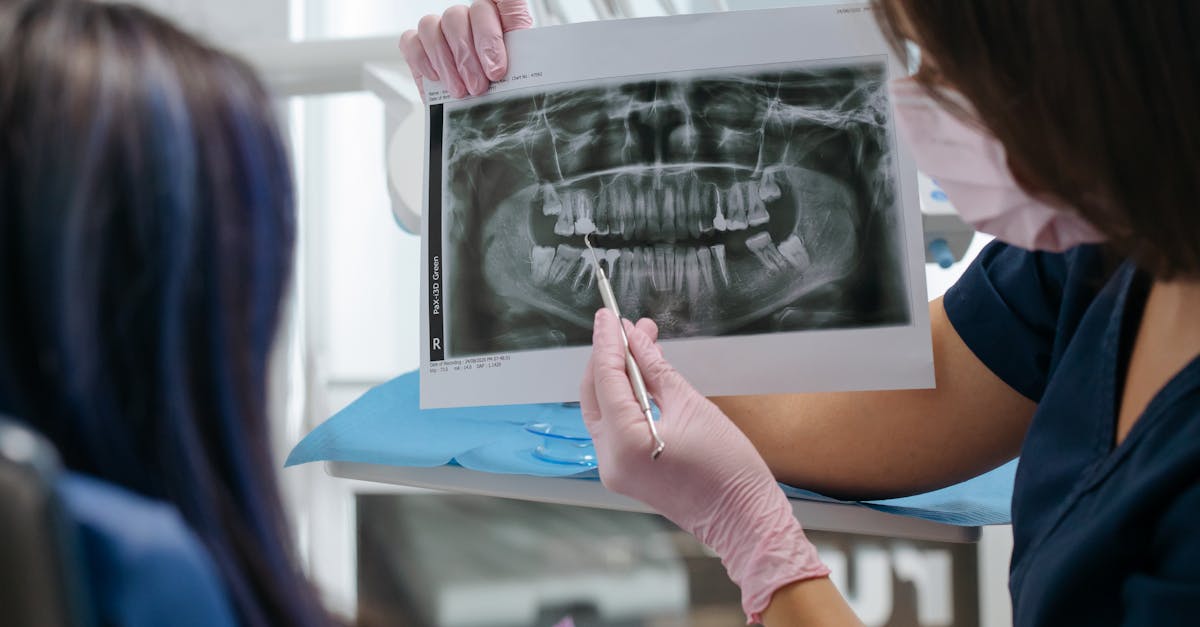Does your dog have bad breath that just won’t go away? It might not just be “dog breath” — it could be a sign of gum disease. Gum disease is one of the most common health problems in dogs, and it can lead to discomfort, tooth loss, and even more serious health issues if left untreated. The good news? With the right knowledge and care, it’s manageable. Let’s break down what you need to know about gum disease in dogs, including how to spot it, what causes it, and how you can help your furry friend stay healthy.
⚠️ What to Watch For
Gum disease, also known as periodontal disease, often starts silently, but there are some key signs to look out for. Catching it early can make a big difference in your dog’s oral health and overall well-being.
- Persistent bad breath
- Red or swollen gums
- Bleeding gums, especially after chewing or eating
- Yellow or brown tartar buildup on teeth
- Difficulty eating or chewing
- Pawing at the mouth
- Loose or missing teeth
- Behavioral changes, like irritability
If you notice any of these symptoms, it’s important to take action. Gum disease doesn’t just affect your dog’s mouth — it can impact their overall health, too.
🔍 Possible Causes
Gum disease in dogs develops when bacteria in the mouth combine with food particles to form plaque. If not removed, plaque hardens into tartar, which irritates the gums and leads to inflammation and infection. Over time, this can damage the tissues and bones that support the teeth. Here are some common factors that can contribute to gum disease:
- Poor dental hygiene (infrequent brushing or no dental care)
- Diet high in soft or sticky foods
- Small breed dogs, which are more prone to dental issues
- Age (older dogs are at higher risk)
- Genetics (some dogs are more susceptible to gum disease)
- Underlying health conditions, like diabetes or kidney disease
According to VCA Animal Hospitals, over 80% of dogs over the age of three show signs of gum disease (source). This makes prevention and early intervention crucial.
✅ What You Can Do at Home
Maintaining your dog’s oral health starts at home. While professional cleanings are important, consistent care between vet visits can help prevent gum disease from developing or worsening.
- Brush your dog’s teeth: Use a dog-safe toothbrush and toothpaste to clean their teeth regularly. Start slowly to help them get used to the process.
- Offer dental chews or toys: These can help reduce plaque and tartar buildup while keeping your dog entertained.
- Provide a healthy diet: Crunchy kibble and certain dental diets are designed to reduce plaque buildup. Avoid sugary or sticky treats.
- Use water additives: Dental water additives can help freshen breath and reduce bacteria in your dog’s mouth.
Consistency is key. Even small daily efforts can make a big difference in your dog’s oral health.
💡 When to Call a Vet
While at-home care is essential, there are times when professional help is necessary. If your dog shows signs of advanced gum disease — like severe bad breath, bleeding gums, or loose teeth — it’s time to see a veterinarian. Your vet can perform a thorough oral examination and recommend the best treatment plan.
Professional dental cleanings under anesthesia allow your vet to remove tartar buildup, clean beneath the gumline, and assess the health of your dog’s teeth and gums. In severe cases, extractions may be necessary to prevent further infection or discomfort.
Regular vet check-ups are also important for monitoring your dog’s oral health. Many vets recommend annual dental cleanings, especially for breeds prone to dental issues.
FAQs
Q: How often should I brush my dog’s teeth?
A: Ideally, you should brush your dog’s teeth daily. If that’s not possible, aim for at least three times a week to help prevent plaque buildup.
Q: Can gum disease in dogs cause other health problems?
A: Yes, untreated gum disease can lead to infections that affect the heart, liver, and kidneys. It’s important to address dental issues promptly to protect your dog’s overall health.
Book a $49 online vet consultation at https://www.dialavet.com for fast, expert advice.






















